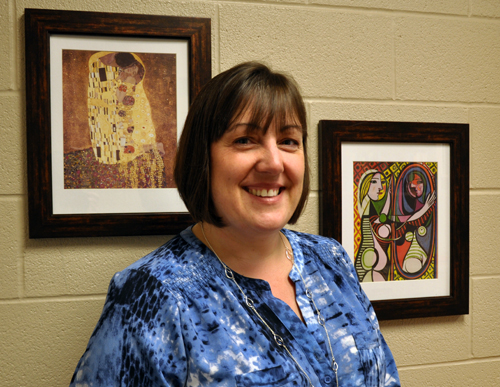
Researchers who study work-life balance are often the worst offenders when it comes to achieving balance in their own lives, says Prof. Tricia van Rhijn, Department of Family Relations and Applied Nutrition. As a former mature student parent herself, she speaks from experience.
Students with children have more responsibilities than their classmates, and they need to juggle those responsibilities along with school and work. “Students often take time away from their own well-being,” says van Rhijn, B.A.Sc. ’07, M.Sc. ’09 and PhD ’12. “They might be staying up late to do assignments after they get their children to bed or getting up early in the morning.” They may also rush to get their assignments done early and possibly earn lower grades as a result so they have more time to spend with their children.
Although services for mature students are available at most universities, “They might not be offered at a time that’s feasible for student parents,” says van Rhijn. She advises mature students to join an organization that caters to their needs, such as the Mature Student Association at U of G. “Having a place you can go where you don’t feel like you’re the oldest person in the room for once, where somebody else can understand the challenges that you’re going through” is important, she says. When she was a mature student, she recalls walking into a classroom and being mistaken for the instructor or a teaching assistant.
Going back to school is a decision that also affects the student’s family, she adds, and they need to be supportive. Asking partners and children to help with cooking and housework can help students focus on their studies. Parents and extended family members can take turns picking up and dropping off children at school and extracurricular activities. When she was a student, van Rhijn enlisted her two sons, then 10 and 12, to do chores around the house during March Break.
She encourages employers to allow students to work around their classes or allow them to take time off during exams. “Some employers are very supportive, and students identify that those supportive employers help them to be successful,” says van Rhijn.
After years of late nights and long hours of studying, she has no regrets about being a mature student. “I can look back on it and say, ‘I’m so glad that I did it. It’s the best choice I ever made.’”